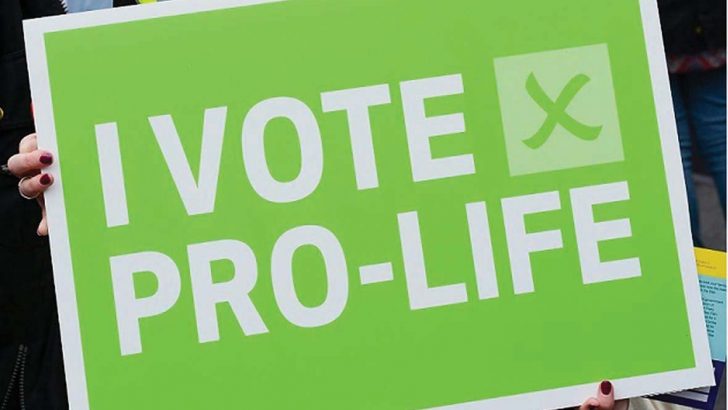Notebook
The recent revelations about the disposal of organs of babies who died at Cork University hospital were deeply troubling for many reasons. The organs of eighteen babies born at the hospital and who were still-born or subsequently died were sent to be incinerated at a facility in Belgium. The story came to light as a result of an RTÉ investigates programme. As I listened to the commentary and reporting around this story the cause of scandal was the manner in which the organs were disposed of ie. incineration in a foreign country and secondly, that this was done without the knowledge or consent of the parents on the infants. It would appear that there are protocols around how the remains of a baby should be treated but these protocols were not followed by the hospital. All the aspects of the story were very disturbing and it was very clear that the parents who were interviewed were extremely distressed and angry.
There were for me, other aspects of the story which I found troubling and that was more about what was not said or covered in the report. While I absolutely accept that there was huge distress for the parents of the babies whose remains were treated in this very inappropriate way, there was a more fundamental wrong done to the babies themselves. They were human beings and for their bodies to be treated in this way was outrageous.
Troubled
However, what troubled me was that none of the reporting or commentary was about the babies themselves but only how it affected their parents. Does a baby who dies at birth or shortly after birth have a right to a dignified burial or cremation or are those rights only pertaining to their parents? I would love RTÉ investigates to explore this question but I’m fairly certain it never will. It never will because that question would inevitably lead to another very troubling reality in Irish society today. What happens to the remains of the thousands of babies whose lives are terminated every year in Ireland? Despite Covid, there were still 6,577 babies’ lives terminated in Ireland during 2020. How were their bodies disposed of? Did their parents have any say in what happens to them or was the question even considered? I doubt very much if they were sent to Belgium but rather incinerated in hospitals and other facilities all over Ireland.
Uncomfortable
These are uncomfortable questions which many of us would prefer not to even ask but sadly I think we have become very selective about what causes us to be outraged. We are rightly very angry about so many areas of Irish life from decades ago, whether that be, mother and baby homes, Magdalen laundries, industrial school and so on. However in the Ireland of the 40s, 50s and 60s these institutions and much of what happened in them was accepted and even encouraged by large sections of the community at the time. There was a ‘group think’ which allowed practices which we are now outraged by. What examples of ‘group think’ are existing and thriving today that in 50 years’ time we will be horrified by?
Isaiah 49: 14-16
Can a mother forget the baby at her breast
and feel no pity for the child she has borne?
Though she may forget,
I will not forget you!
See, I have engraved you on the palms of my hands;
Tree of Life by Evan Boland
This poem was composed for The National Maternity Hospital
A tree on a moonless night
Has no sap or colour. It has no flower and no fruit.
It waits for the sun to find them.
I cannot find you
In this dark hour
Dear child.
Wait
For dawn
To make us clear to one another.
Let the sun
Inch above the rooftops.
Let love be the light that shows again
The blossom to the root.









